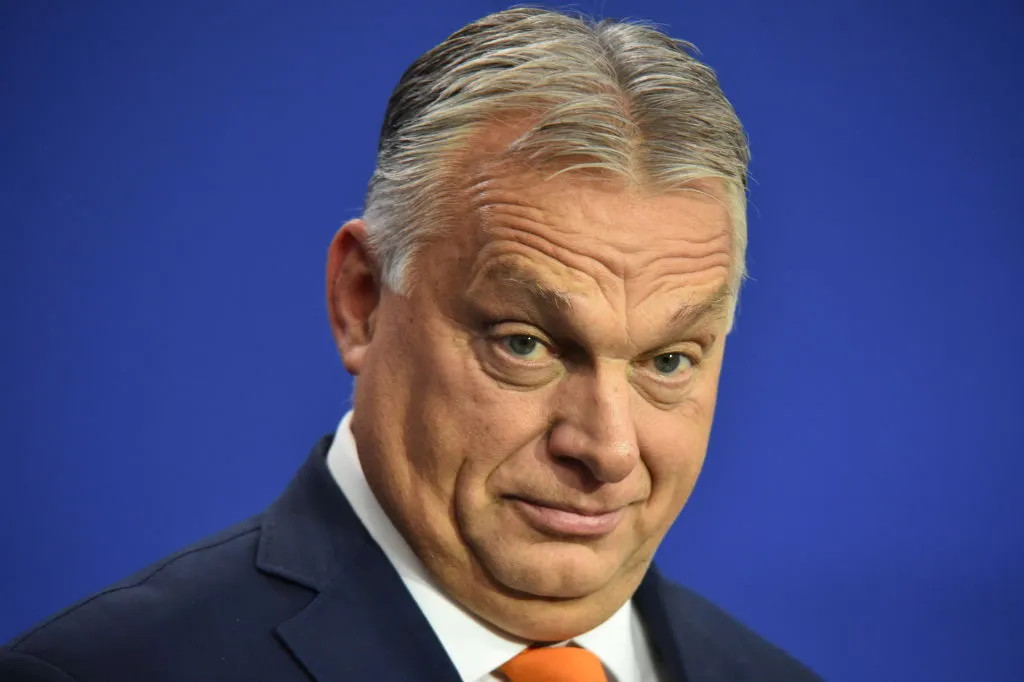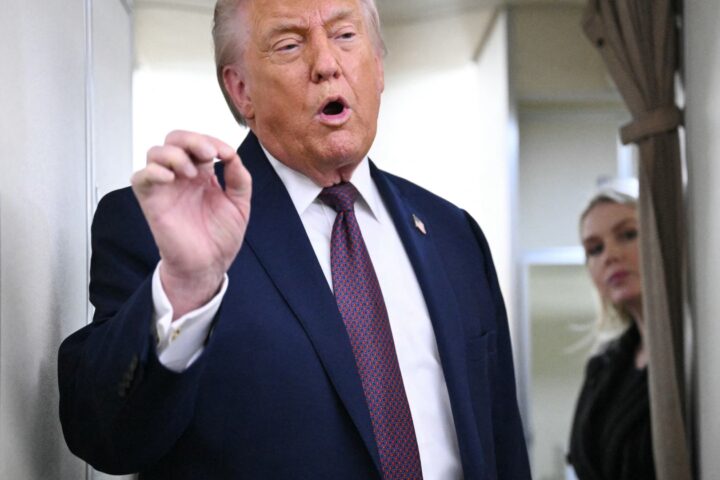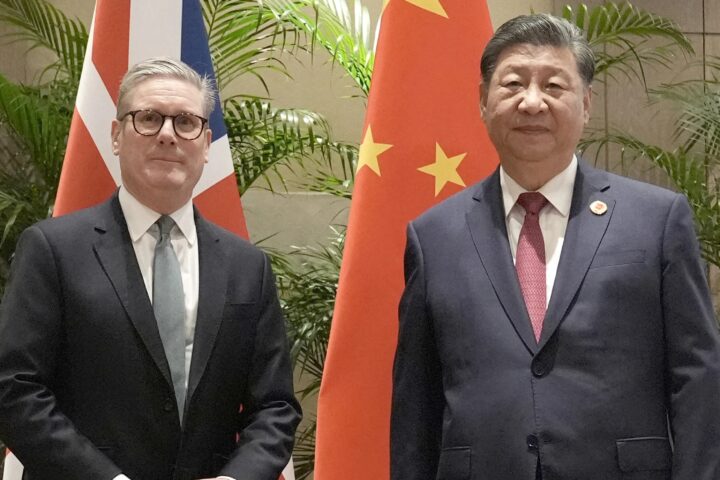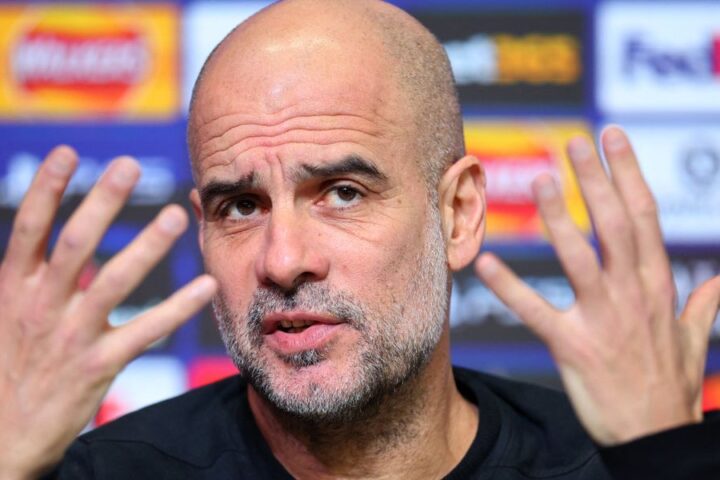Hungarian Prime Minister Viktor Orban openly rejected President Donald Trump’s appeal at the UN General Assembly for NATO allies to halt purchases of Russian oil, sending a clear signal of defiance from Budapest. While Washington expected solidarity, Orban instead framed the demand as “unrealistic,” underlining Hungary’s determination to maintain its energy ties with Moscow.
Trump’s warning met with Budapest’s resistance
Trump’s remarks were blunt: “NATO allies cannot finance Russia’s war through the purchase of its oil.” But Hungarian Foreign Minister Peter Szijjarto, speaking in New York, countered that “geographic reality does not allow us to give up Russian energy.” A day later, Orban reinforced this position on state radio, insisting: “The United States and Hungary are sovereign states. America decides where to buy oil and gas, and Hungary will do the same.”
The comment was less a diplomatic defense than a show of disregard toward the U.S. president. By insisting on sovereignty, Orban made clear he would not bend to external pressure.
Alternatives dismissed despite capacity
Orban’s claim of having no alternative has been challenged by facts. Croatian operator JANAF has confirmed it can deliver up to 14.3 million tons annually through the Adriatic pipeline, surpassing the needs of Hungary’s MOL refineries. Reuters has reported that Hungary already secured a 2.1 million ton supply deal for 2025 via this route. Still, over 80,000 barrels per day continue to arrive from Russia through the Druzhba pipeline, in partnership with Tatneft following sanctions on Lukoil.
Analysts from the German Marshall Fund and Atlantic Council stress that such deals undermine EU energy solidarity and hand Moscow billions in revenue. Radio Free Europe/Radio Liberty has pointed out that only Hungary, Slovakia, and Turkey remain reliant on Russian oil among NATO members, while others, despite higher costs, have secured alternatives.
Moscow’s role as political guarantor
Behind Orban’s stance lies Russia’s influence. Access to cheaper Russian oil benefits Hungary economically, while Moscow offers the political backing that allows Orban to disregard both Trump and broader Western unity. Domestically, this is framed as a defense of sovereignty, though critics see deepening dependence on the Kremlin.
The EU is preparing new measures against remaining Druzhba flows and tariff barriers for Russian oil. If Hungary persists in relying on Moscow’s supplies, it could face a severe economic shock far exceeding the costs of diversification.
Risks for Europe’s unity
Orban’s defiance highlights more than just an energy dispute. It signals a challenge to transatlantic cohesion at a time of ongoing war in Ukraine. Each barrel of Russian oil crossing into Hungary translates into continued revenue for the Kremlin’s military campaign. By standing firm under Moscow’s umbrella, Orban risks pushing Hungary into deeper isolation — and testing the resilience of Western unity.ё














